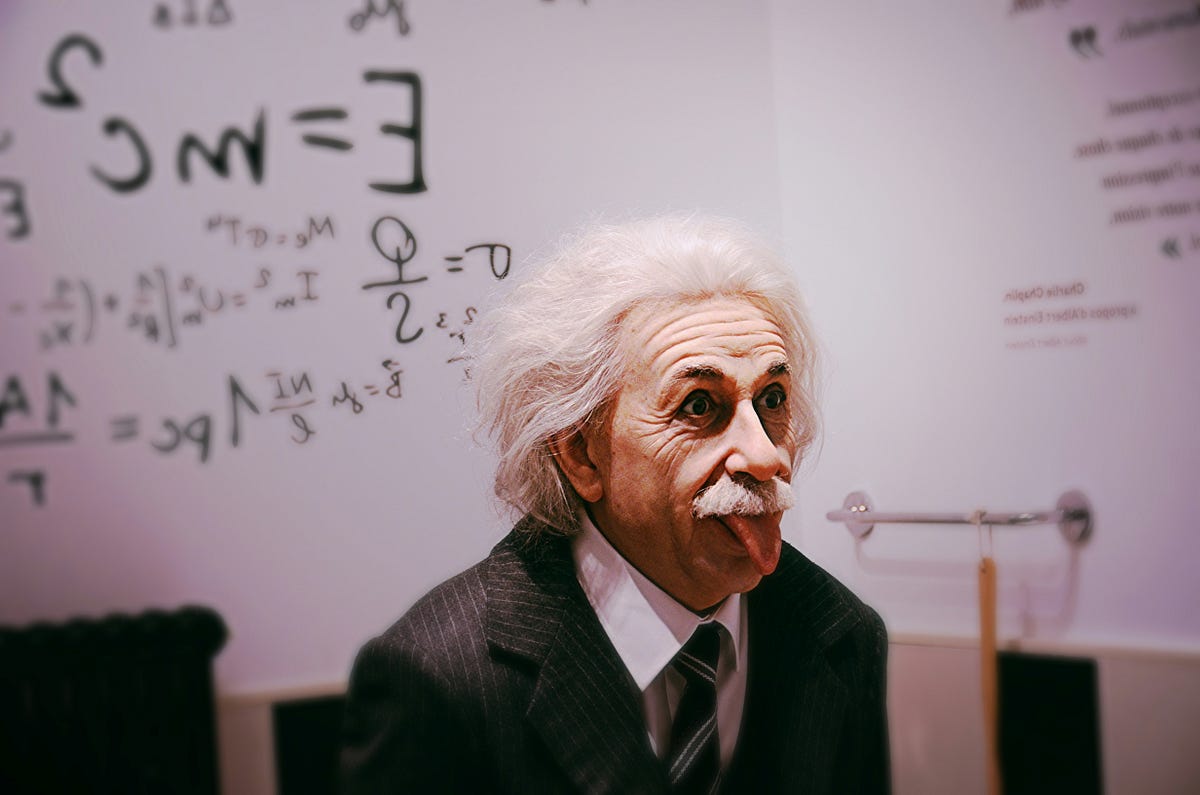Cheating or Plagiarizing with AI Made Easy: There?s Software for That Now

Writing should always be original and free from plagiarism, whether it's for a creative project, a research study, or a school paper. However, AI has introduced various cheating tools that enable dishonest behavior.
“The Moving Finger writes; and, having writ,
Moves on: nor all thy Piety nor Wit
Shall lure it back to cancel half a Line,
Nor all thy Tears wash out a Word of it.”
? Omar Khayyám
In this case, the moving finger does not write but points to a word or phrase, then a mouse click, a save, and an insertion into a manuscript. It's all so easy. It takes seconds, and within an hour, anyone can have a research paper, a book, or a summary of anything, and claim that it is their own product.
Amazon and other publishing platforms require that you attest to the fact that this material is your original product and not produced by AI. In fact, according to reports, hundreds of AI produced books have been removed from various publishing platforms.
I wonder how anyone could show they had written 50 books in a month or 300 books in one year. Does that seem reasonable to you? But computers don't question things like that. What do we call this? We could say it's a breach of ethics or plagiarism, as it is known and found in many academic institutions where one particular program a few decades ago took on the task of identifying plagiarized material in student papers.
Once, academic researchers who blindly engaged in unethical practices, merely manipulated graphics they used for professional journals. Is there nothing wrong with it? Adobe Photoshop’s Firefly has an addition to their program that will allow you to produce any image you wish simply by giving it a detailed prompt for the image. Could this be used as a nefarious means of image production for research purposes?
I remember a famous researcher at a prestigious university who used a felt marker on his research animals and falsely claimed his work was successful. Incredibly, he blamed his research assistant, whose career was seriously damaged, but he went on to continue his fame. Another researcher, who achieved great note in his studies of eating disorders, similarly cheated in his manuscripts, but he was caught and paid the price.
As an instructor in advanced studies, I recall, receiving an incredibly sophisticated paper on statistics from a student that I knew had a very poor academic record. Hard to believe, but this individual was a teacher at an elementary school who wanted a promotion and an increase in salary and needed to get an advanced degree.
The method she chose was to go to a school that accepted almost anything students submitted and everyone got a degree. Is that what advanced education is supposed to be and would you want your children being taught or your school being administered by someone who engaged in that type of unethical practice?
Papermills that produce educational or school papers have existed for decades, and there are even mills that can produce any diploma or certification you would like. These, too, need to be detected and eliminated. A colleague once told me about a man he knew who took his sister's nursing degree and had a special mill run it and turn it into an MD degree for him. They pollute the educational system.
Today, it is easier than ever to plagiarize or wholly create via AI, and computers have facilitated this slip into unethical practices. As a result, there is a growing industry that seeks out plagiarized material and detects any writing that has been produced in an "unhuman" manner. Once scanned, some programs will indicate on the bottom, "This is human text." Of course, it might not be human text but be produced by a program that can mimic it and elude detection.
Similarly, some programs claim to provide text that is undetectable as having been produced by AI. This may be the pot of gold currently, but it is sure not to last because AI programs can program themselves to detect these detectors.
But there are ways to reveal the code of anything posted on the Internet. All of the popular web browsers contain developer tools within that page’s code. Accessing these tools may reveal not only where the code originated but may also reveal information about who did the coding. In this way, you may find the original source. Some coders actually leave their contact information within the code so that you may reach out to them for issues that you encounter.
Anyone, including students, who posts on the Internet should be prepared for their content to be inspected. Of course, this is only an issue if you're using someone else's material.
Are anti-detection programs fast approaching "The Day of the Dead?" It may be so because AI is catching up so fast that it is making our heads spin. Plagiarists, beware; your day is coming.
source http://www.expertclick.com/NewsRelease/Cheating-or-Plagiarizing-with-AI-Made-Easy-Theres-Software-for-That-Now,2024303891.aspx
Comments
Post a Comment